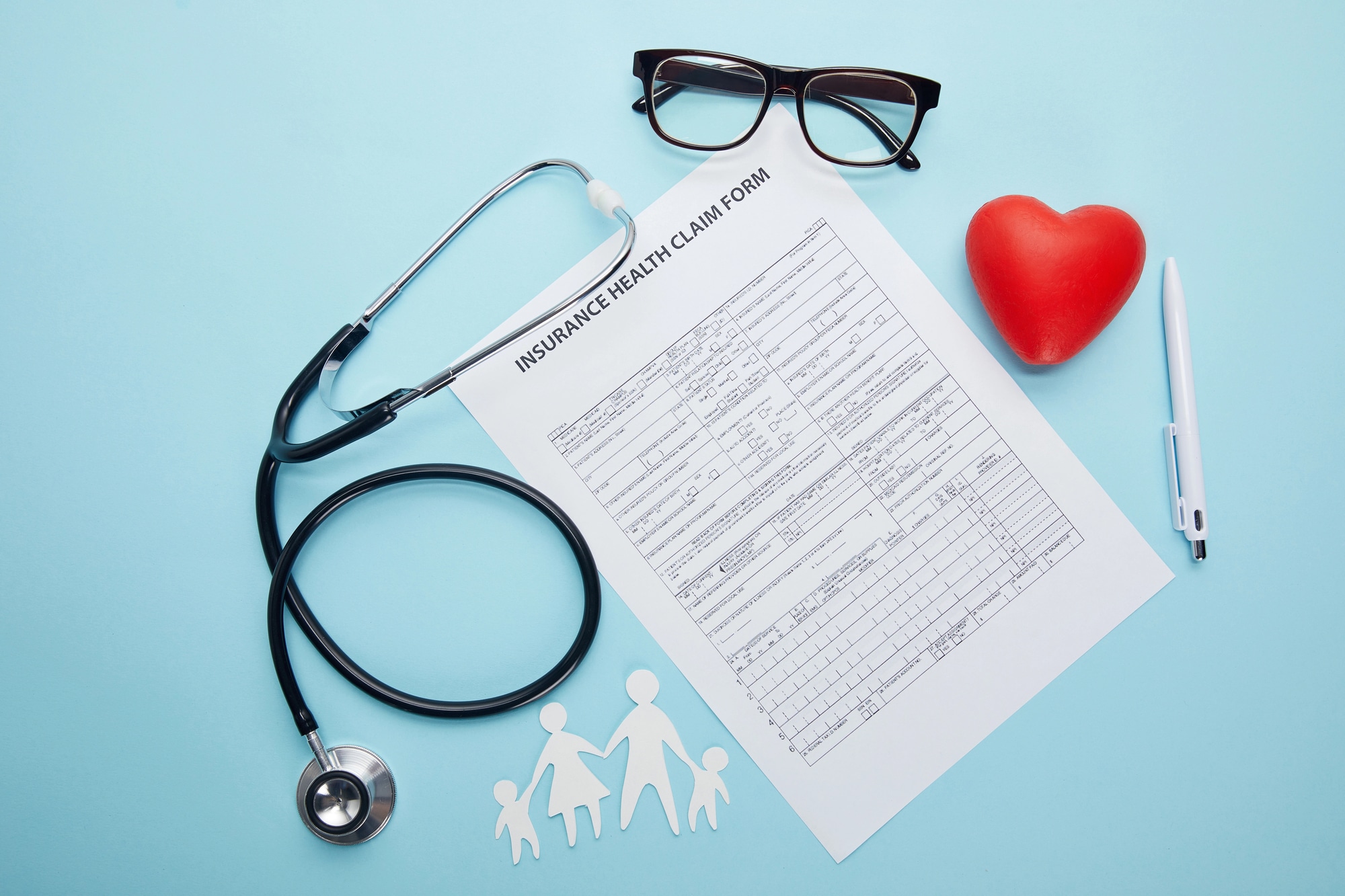
Understanding Dual Diagnosis: Why Treating Mental Health and Addiction Together is Essential
The term dual diagnosis refers to individuals who simultaneously struggle with a mental health disorder and a substance use disorder. Statistics show that nearly 9.5 million adults in the United States are affected by dual diagnosis each year. Despite its prevalence, many individuals either do not recognize they have co-occurring conditions or do not receive the right treatment for both. Treating these conditions in isolation is not just less effective—it can be harmful. In this post, we will explore what dual diagnosis is, the critical connection between mental health and addiction, and why New Era Rehabilitation’s integrated approach is vital for comprehensive recovery.
What is Dual Diagnosis?
Dual diagnosis, also known as co-occurring disorders, occurs when a person experiences both a mental health disorder and a substance use disorder. These conditions can influence each other in various ways. For example, someone with depression may turn to alcohol or drugs as a way to cope with persistent feelings of sadness and hopelessness. Conversely, substance abuse can lead to or exacerbate mental health issues like anxiety, depression, or paranoia.
Understanding dual diagnosis is the first step in realizing why specialized care is necessary. People with dual diagnosis require more than just addiction treatment or mental health therapy alone—they need an integrated, comprehensive approach to address both sides of the problem.
The Link Between Mental Health and Addiction
Mental health disorders and substance use disorders are tightly intertwined. They often feed off one another in a cycle that can be challenging to break without targeted intervention. Individuals suffering from untreated mental health conditions sometimes turn to substances as a form of self-medication. While drugs or alcohol may seem to offer temporary relief, they ultimately worsen mental health symptoms and introduce new problems related to addiction.
For instance, individuals with untreated anxiety disorders may misuse substances to soothe their nerves or alleviate symptoms. However, drug and alcohol use can lead to heightened anxiety and other adverse effects, creating a feedback loop that deepens both conditions.
Moreover, substance use itself can trigger mental health disorders in individuals who may be predisposed or already vulnerable. This bi-directional relationship makes it essential to address both issues simultaneously. If one condition is left untreated, it could easily exacerbate the other, diminishing the chances of lasting recovery.
Why Treating Both Conditions Simultaneously is Essential
Treating mental health and addiction together isn’t just a matter of convenience—it’s a necessity. In many cases, when only the addiction is treated, underlying mental health issues remain unaddressed, increasing the risk of relapse. Conversely, when only mental health disorders are treated without addressing substance use, it can undermine the effectiveness of therapy, leaving individuals struggling with unmanageable cravings or withdrawal symptoms.
Integrated treatment—where mental health therapy and addiction services work hand-in-hand—has been shown to improve recovery outcomes significantly. According to the National Institute on Drug Abuse (NIDA), integrated treatment reduces relapse rates, improves quality of life, and helps clients achieve greater success in their mental health and addiction recovery.
Integrated Approach to Dual Diagnosis at New Era Rehabilitation
At New Era Rehabilitation, we embrace an integrated treatment model to address the unique needs of individuals with dual diagnosis. Our approach combines Medication-Assisted Treatment (MAT) with personalized mental health services, ensuring that both sides of the equation are addressed. MAT is an evidence-based practice that uses FDA-approved medications to stabilize the physical symptoms of addiction, reduce cravings, and ease withdrawal. However, this is just one piece of the puzzle.
Our mental health services include evidence-based therapies such as Cognitive Behavioral Therapy (CBT), which helps clients identify and change harmful patterns of thinking and behavior. We also offer group therapy, individual counseling, and family therapy to provide a well-rounded, supportive environment for recovery. Each client’s journey begins with a comprehensive assessment, allowing our team of specialists to create a tailored treatment plan that addresses their specific needs.
This team-based approach involves addiction specialists, therapists, and medical professionals working collaboratively to provide the highest level of care. We understand that dual diagnosis requires ongoing, coordinated support—not a one-size-fits-all solution.
Key Benefits of Integrated Dual Diagnosis Treatment
When clients receive dual diagnosis treatment that integrates mental health and addiction services, they experience numerous benefits that lead to more comprehensive and long-lasting recovery. Some of the key benefits include:
- Holistic Recovery: Addressing both mental health and addiction as interconnected issues helps clients achieve more balanced and complete recovery. When both conditions are treated simultaneously, it reduces the risk of relapse and helps prevent untreated mental health symptoms from undermining recovery progress.
- Enhanced Coping Skills: Mental health therapy teaches clients essential coping skills to deal with triggers, stress, and negative emotions. These new skills replace harmful behaviors and help clients navigate life without turning to drugs or alcohol.
- Improved Physical and Emotional Stability: Medication-Assisted Treatment not only stabilizes the physical symptoms of addiction but also provides a foundation for more effective mental health therapy. With MAT, clients experience fewer cravings, enabling them to focus more fully on their emotional healing.
- Reduced Stigma and Greater Access to Care: By addressing addiction and mental health together, integrated treatment normalizes the idea that mental health is a key part of recovery, reducing the stigma around seeking help. This, in turn, encourages more people to reach out for the comprehensive support they need.
- A Personalized Path to Recovery: With integrated care, each treatment plan is uniquely designed to fit the needs of the individual, promoting a higher likelihood of success.
How to Get Started with Dual Diagnosis Treatment
If you or a loved one is facing the challenges of dual diagnosis, taking the first step toward recovery is crucial. At New Era Rehabilitation, our initial assessment process involves evaluating both mental health and substance use issues to determine the right path forward. From there, our team develops a customized treatment plan that includes both Medication-Assisted Treatment and personalized mental health services.
Our goal is to create a supportive, welcoming environment where clients can feel safe to explore their recovery journey. Whether you’re dealing with depression and addiction, anxiety and opioid use disorder, or any other combination of co-occurring conditions, we are here to help you every step of the way.
Reach out to New Era Rehabilitation in New Haven or Bridgeport Today
Dual diagnosis is more common than many people realize, but it often goes untreated or under-treated due to the complexities of managing both mental health and addiction issues simultaneously. By adopting an integrated approach, New Era Rehabilitation aims to break the cycle and help individuals achieve lasting recovery. Remember, recovery is possible, and comprehensive care is the key.
If you or someone you know is struggling with a dual diagnosis, don’t wait. Contact New Era Rehabilitation today to learn more about our integrated addiction therapy and how we can help you reclaim your life.





